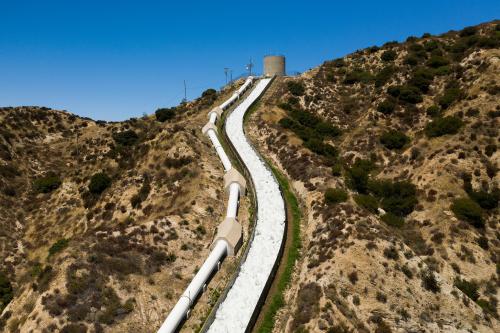Introduction
Americans are facing heightened economic pressures from the effects of globalization as workers from China, India, and other developing nations play a growing role in the world’s economy. Advances in technology and transportation now mean that U.S. workers increasingly are competing with workers overseas—not just in manufacturing, but also in high-skill and high-wage sectors. Growth in information technologies, in particular, has facilitated deeper integration of economies across the globe while also posing both new opportunities and new challenges for the U.S. economy.
Maintaining our nation’s economic leadership in the world and promoting broad-based growth at home will require effective policies to support research, innovation, and access to advanced information and telecommunications technologies. Innovation has long fueled economic growth, often giving rise to new industries and new jobs. According to the National Academies, “Since the Industrial Revolution, the growth of economies throughout the world has been driven largely by the pursuit of scientific understanding, the application of engineering solutions, and continual technological innovation”. Numerous academic studies confirm that technological progress has accounted for a significant share of U.S. economic growth; a recent study shows that the share of economic growth directly attributable to research and development (R&D) investment has increased over time. What makes knowledge, innovation, and technology such powerful drivers of economic growth is that, unlike capital and labor, they do not suffer from diminishing returns. Indeed, in many cases the creation of knowledge and technological innovation actually increase the return to further knowledge and innovation, thus creating a powerful growth mechanism.
The Brookings Institution is committed to quality, independence, and impact.
We are supported by a diverse array of funders. In line with our values and policies, each Brookings publication represents the sole views of its author(s).



